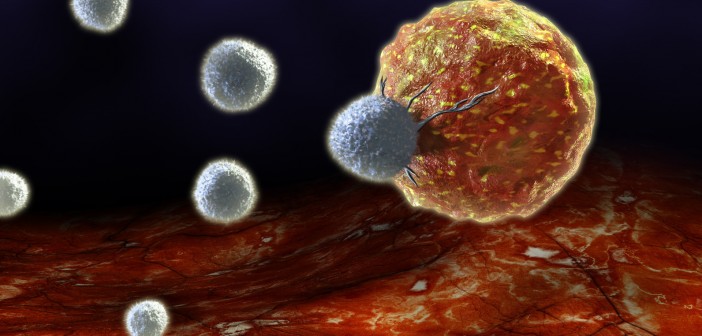Generally, T cells, the policemen of the body, activate immune responses upon finding infected or diseased cells, but some T cells respond the same way to normal cells in the body. If unchecked, such T cells can cause autoimmune diseases such as psoriasis, rheumatoid arthritis, inflammatory bowel disease, and multiple sclerosis. These self-reactive T cells are a recently discovered type of T cell, the TH17 cell. Preventing young T cells from becoming TH17 cells is of major interest as a means to treat autoimmune diseases. Continue reading “New insight on the development of T cells that promote autoimmune disease”
Institute News
New insight on the development of T cells that promote autoimmune disease
